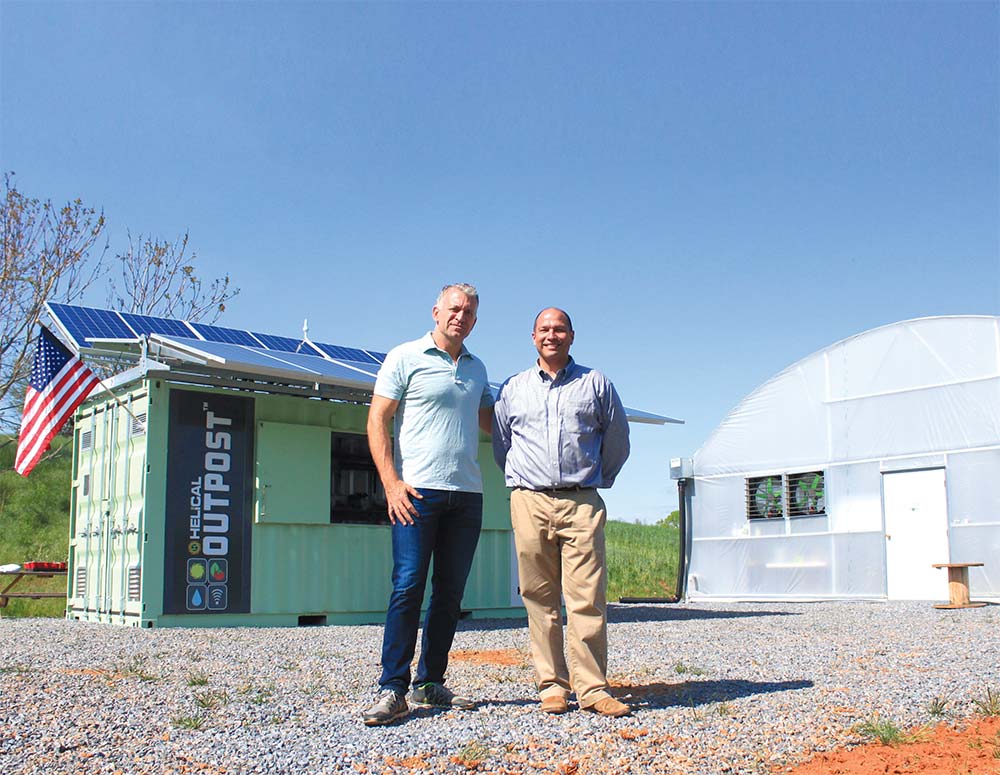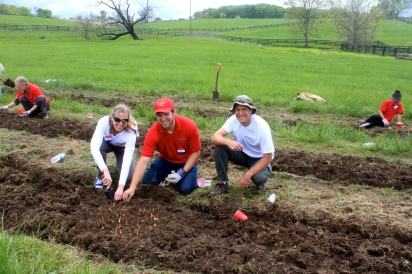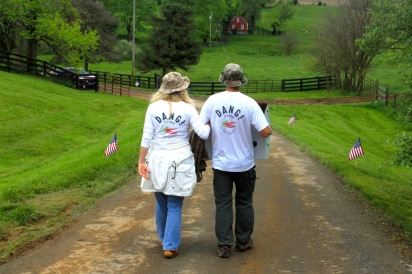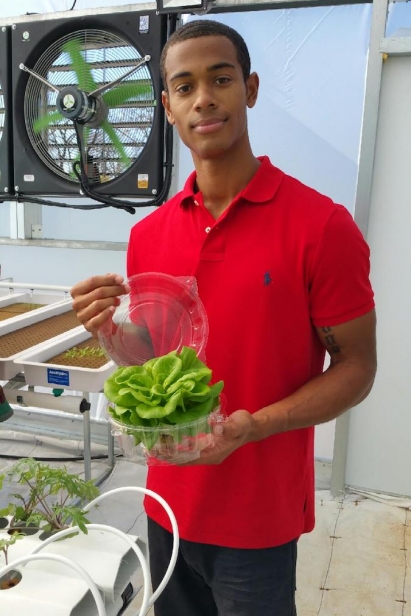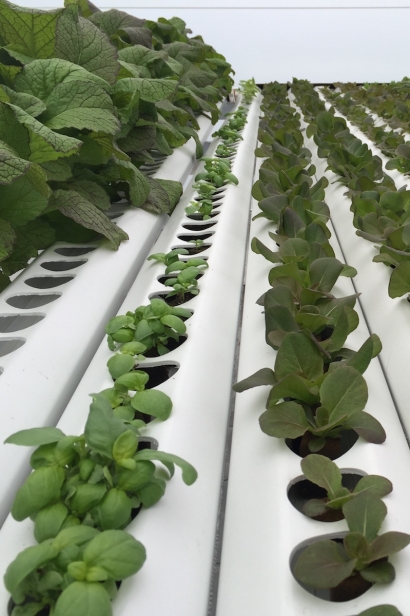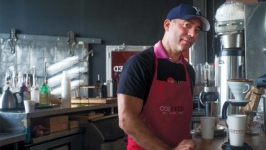Peace in a Box
Imagine our United States military deploying greenhouses instead weapons. Imagine American innovation saving the environment instead of despoiling it—producing food instead of pollution.
When Michael Hanes, a free-spirited reconnaissance Marine, came back from the war in Iraq he was dreaming of a way to empower the communities he had fought to protect. After eight years of witnessing death and destruction, Michael knew in his heart that American technology could be a tool for solving global conflict and suffering. But how?
That’s when he met Dylan Ratigan, a brash, intellectual MSNBC talk show host, and Kohlie Frantzen, a kind-hearted Louisiana-based attorney. They, too, were soul searching. What was the meaning of their existence? What kind of footprint were they leaving behind and how were they going to contribute to making this world safe and sustainable?
Ratigan was angry and disillusioned by a political system that he believed was stuck in a quagmire of indecision and incompetence. Tired of interviewing redundant politicians, he left a lucrative career in television to become part of the solution and not the problem.
Frantzen, on the other hand, was a Hurricane Katrina survivor. Katrina’s destruction was horrific— disorganized disaster relief contributed to racial tension and violence in his community, and Frantzen was determined to improve the human condition by addressing resource scarcity.
Both men needed to make a radical change in their careers to feel fulfilled. As result, they decided to take time off to learn how to grow food hydroponically in Southern California at Archi’s Acres—a program for veterans transitioning into farming.
Frantzen and Ratigan, inspired by US veterans such as Michael Hanes, put their minds and hearts together and invented a standardized “peace” of equipment that could grow up to 1,200 heads of leafy greens a week. The equipment is predicated on sustainable innovation—using a reverse osmosis filtration system that produces up to 2,000 gallons of clean water a day. The hydroponic greenhouse is powered by solar energy, and can generate wi-fi in the most remote areas of the world. They call it the Helical Outpost.
“This badass piece of equipment,” as Ratigan likes to put it, “is the American Osprey of agriculture which can be rapidly deployed anywhere in the world in its shipping container. It’s a plug-and-play system. The shipping container also converts into a classroom, community center or farmers market.”
Hanes is now a spokesman for Helical Holdings, which produces what he fondly calls “Peace in a Box.” He is optimistic about the opportunity veterans have to grow vegetables, produce clean water, and provide energy and technology to underserved communities. Today, a Helical Outpost exists 50 miles west of Washington, DC, at Patriot Farmers of America, a new nonprofit farm initiative that trains veterans in sustainable agriculture and entrepreneurship while they transition from their careers in the military. Located on a beautiful, historic farm in the Shenandoah Valley of Virginia, this Helical Outpost is also the first site of the Helical Training Center, a facility equipped to teach hydroponic farming using this standardized, high-tech equipment.
Spearheading the mission at Patriot Farmers of America are two young veterans, Ned King and Derek Riddick, who are growing sustainable, pesticide-free lettuce to support themselves while finishing their degrees in horticulture and business. Only in their 20s, these young veterans represent the next generation of American farmers who are thinking outside the box (or in this case within) about business, innovation and health.
Frantzen is also enthusiastic about the future. He is smiling back home in Lafayette, Louisiana, watching children at John Paul the Great Academy grow and eat their own leafy green, kale, tomatoes and peppers. The Helical Outpost is a part of the school’s lunch program, and leftovers are donated to nearby food banks. “The kids have a K–12 curriculum provided by Helical which is teaching sustainability, math, science and nutrition as well as kindness,” Frantzen said. “They enjoy what they eat and they know where their food comes from: ‘Eating green and eating clean’ is their motto.”
Ratigan, who spent his childhood visiting his grandparents in Flushing, Queens, envisions deploying the Outpost to feed and teach kids in places close to home in New York City and as far away as Iraq and Afghanistan. He has a newfound energy and optimism in his own life.
“Connecting children to the power of the sun, plants and technology is critical to our health and vitality. Our future depends on it,” said the former political pundit with an exuberant grin. “The Helical Outpost represents the best of American innovation and intentions.”
Dylan Ratigan | @dylanratigan
Archi’s Acres
Helical Outpost | @helicaloutpostfarms
Patriot Farmers of America | @patriotfarmersofamerica
John Paul the Great Academy | @jpgacademy


